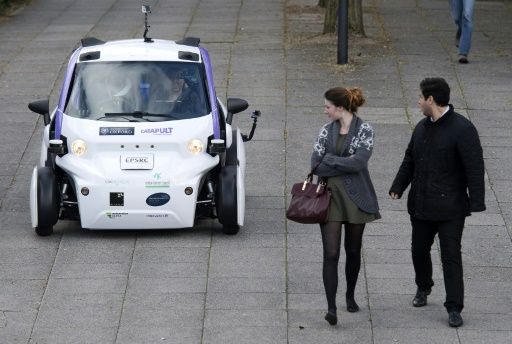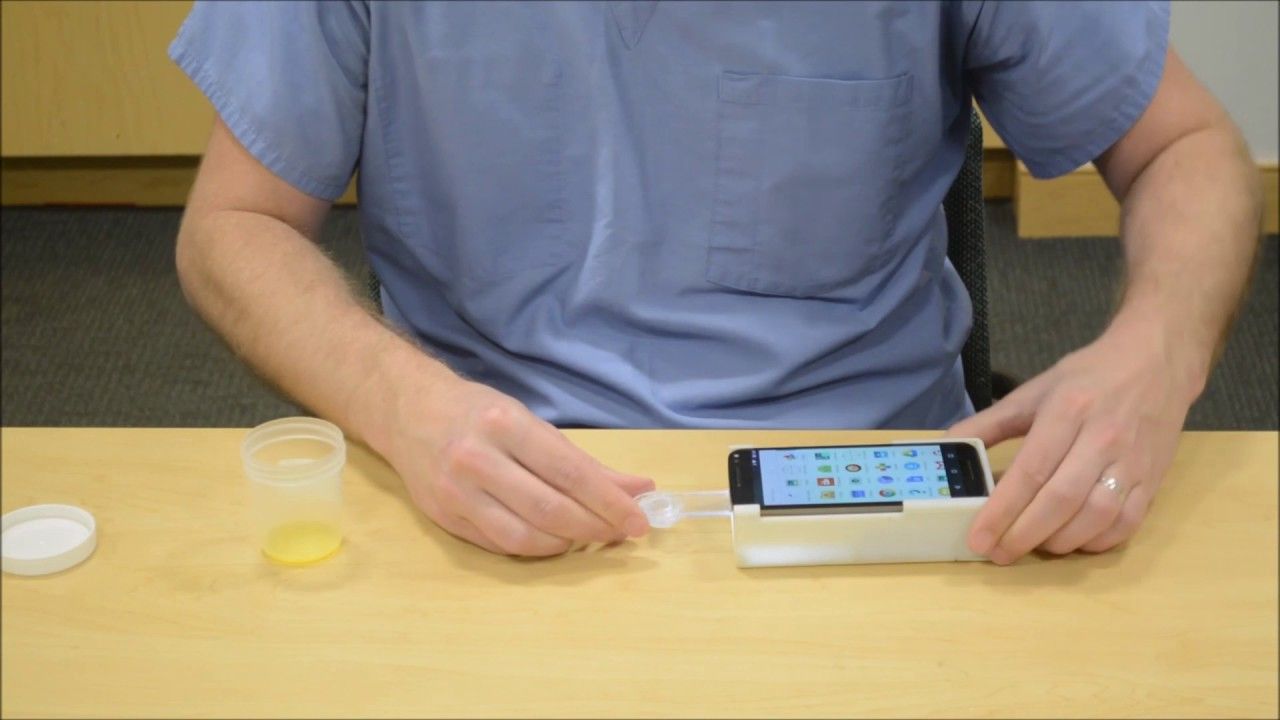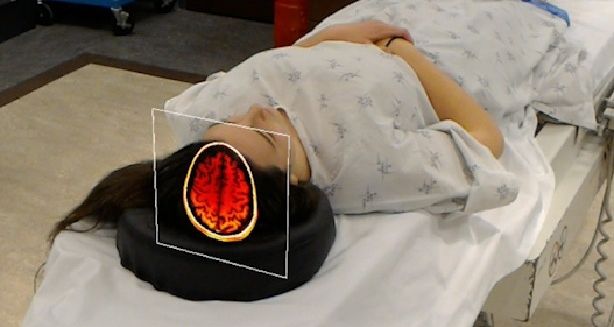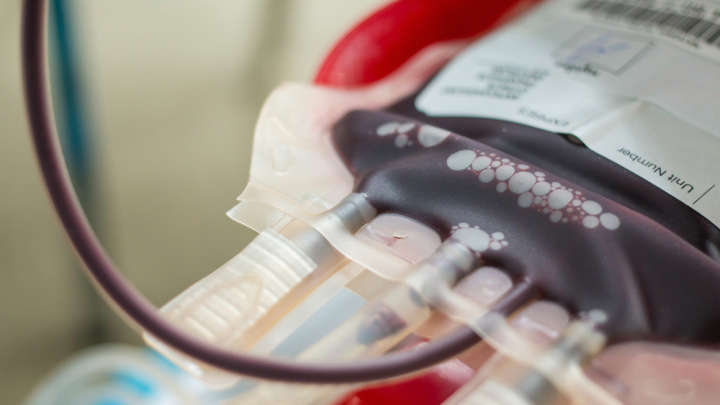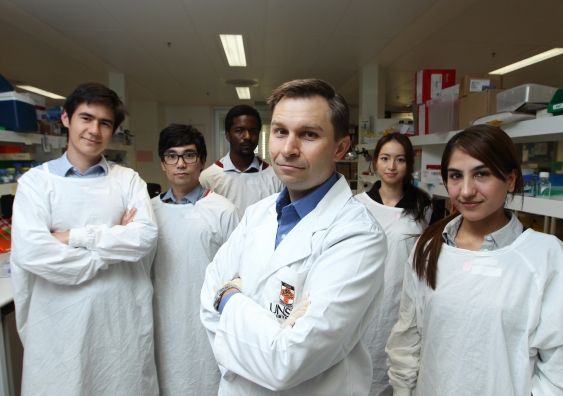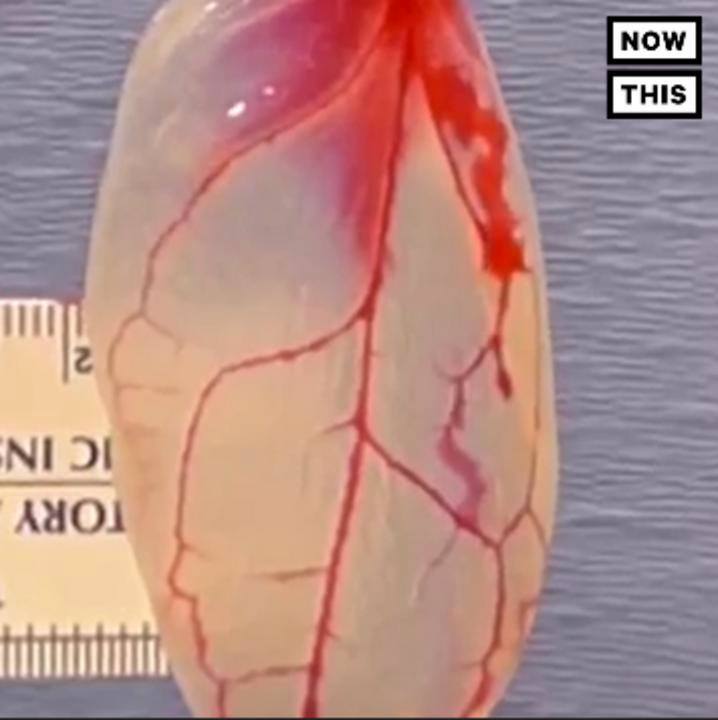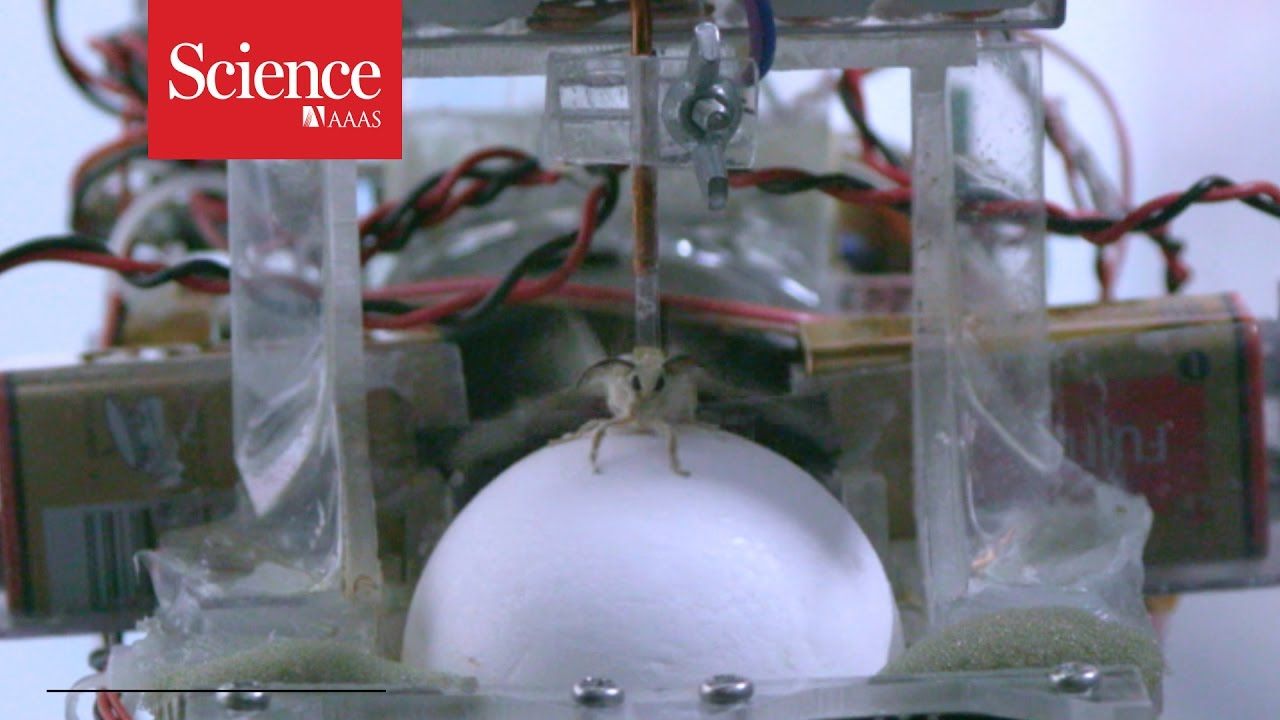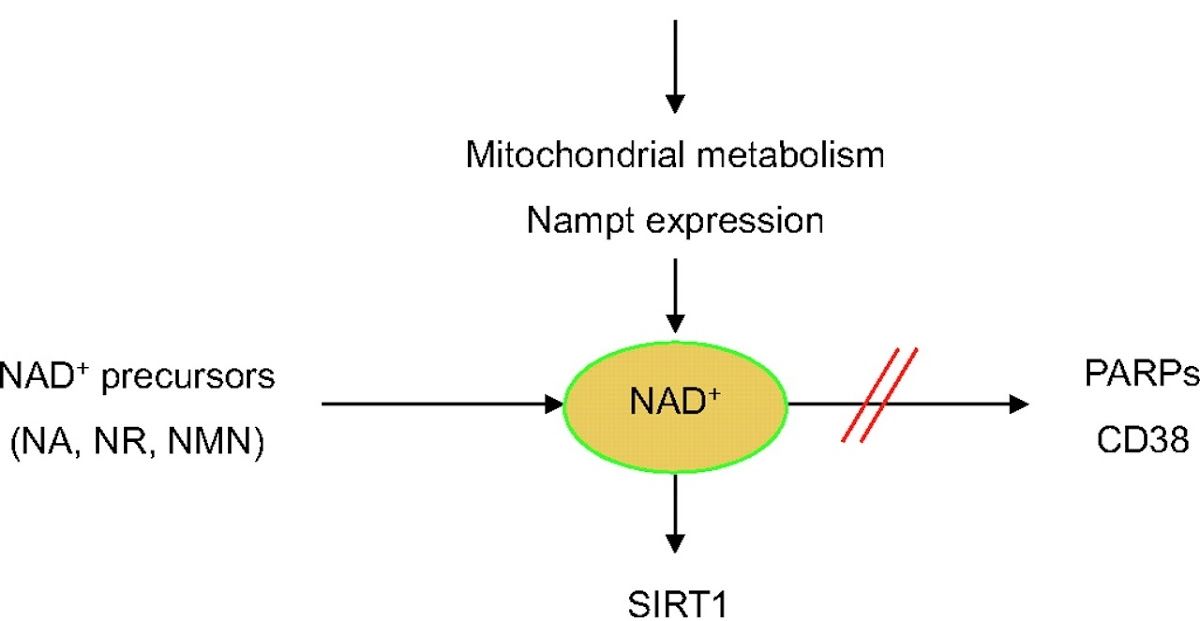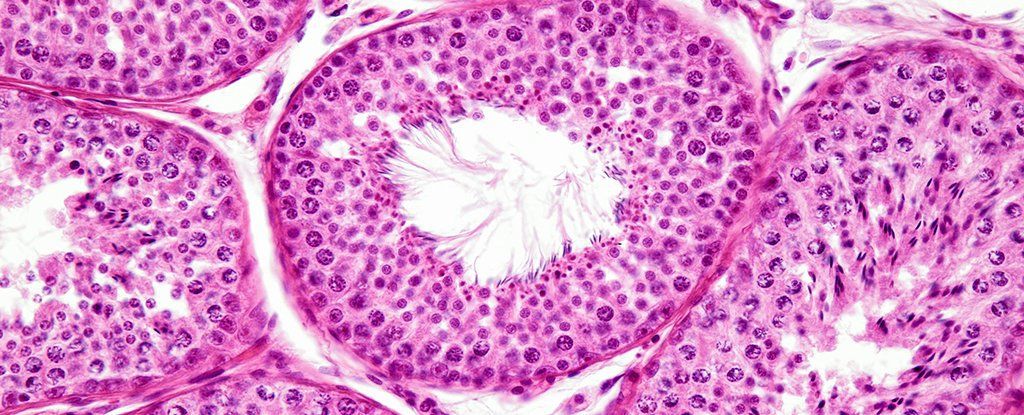Mar 26, 2017
Tech world debate on robots and jobs heats up
Posted by Simon Waslander in categories: biotech/medical, employment, information science, robotics/AI
Are robots coming for your job?
Although technology has long affected the labor force, recent advances in artificial intelligence and robotics are heightening concerns about automation replacing a growing number of occupations, including highly skilled or “knowledge-based” jobs.
Just a few examples: self-driving technology may eliminate the need for taxi, Uber and truck drivers, algorithms are playing a growing role in journalism, robots are informing consumers as mall greeters, and medicine is adapting robotic surgery and artificial intelligence to detect cancer and heart conditions.
